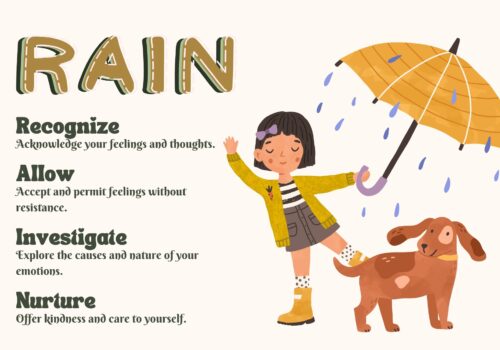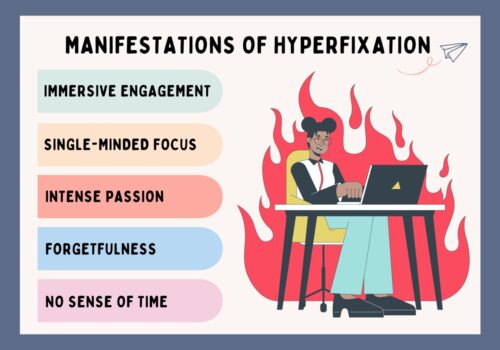NLP or Neuro-linguistic programming was developed in the 1970s by Richard Bandler and John Grinder. According to them, there is an inextricable link between language, neurological processes, and behavioral patterns that are learned through experience or programming. Plus they claim that these can be changed so that one can achieve some specific goals. Further, they believe that a model containing the skills and traits of exceptional people can be created to be adopted by anyone who wishes to learn these traits.
NLP Presuppositions
NLP Presuppositions or convenient assumptions are the foundation of NLP. These assumptions are the attitude and mindset that we adopt toward people and things in our day to day life. There is no agreed number of presuppositions. Some cite 16, some cite 25. Whatever be the case, these are no doubt the starting points of NLP. Presuppositions haven’t been plucked from the sky. These are carefully studied principles fashioned after important people. As per the exponents of NLP, this model generates amazing results.
These rules for life constitute a philosophy. If you happen to follow it, you can bring profound changes in your life.
Some of the presuppositions are listed below-
- The map is not the territory– The way we see the world is our perception and not the only reality. We create our own representation of the world – Our own maps or models from which we operate. These representations are our map but not the territory. Likewise, other people have their reality, their map. If we respect that then we are wise enough to avoid conflict. Plus, we must recognize that we only know a small amount and need to know more. This principle is perhaps the most effective one to bring about order into the world.
- We learn from our mistakes in order to behave wisely in the future– in other words, this presupposition states that one behaves according to the tools and resources they have at that time.
- There is a positive intention behind every behavior- when we know that people have a positive intention behind their behavior even if they are being rude and negative, it will help us to not react and move on easily.
- There is no failure, only feedback– when we stop blaming others for our failure, we can work towards our betterment of the goal. Do not see it as it is. Rather see it as a pitstop in your road to success.
- The response you get depends on the way you communicated your message– the reaction you get from others is based on people’s interpretation of your message. NLP is an effective way to learn skills that ensure you communicate your message in such a way that you receive desired responses.
- Something you are doing doesn’t work, try something else– Be flexible and develop a curious attitude. If something that doesn’t work for you, test something else, something new. This philosophy has another name TOTE (Test Operate, Test Exit). Test something even if it is new. If it doesn’t yield desired results, then test something new.
- Live with choices– being flexible and having choices works for us. When we live with choices there is a greater possibility of achieving desired results. Be open to changes and adapt whenever needed. This presupposition corroborates the previous one that states you to try new things when something doesn’t work. Successful people have options.
- Past and future are two separate entities– this presupposition goes hand in hand with the previous one that calls for flexibility. Past is yesterday and leaves it as it is. Try something and believe in something new today. If you are unhappy that is because you are holding onto your past. When people are afraid of commitment due to failed relationships in the past or when people do not follow their dreams due to self-doubt, then they are happy because of the past. Let go of it and focus on the present. Make most of it now.
- Respect other persons’ model or ‘map’– every being is different and interprets the world differently. Your perception is not the end. Others have their own model of truth. Respect that and accept it. This will help you develop instant rapport with different people.
- We are constantly communicating– either verbally or non-verbally in our minds. Even when you do not say anything your body language conveys a lot. In fact, silence conveys meaning too.
- We have all the tools to help us achieve our desired results– By tools we mean resources like internal responses and external behavior required to get the desired response. We have these resources in us and may have applied them in some other context but have yet to use them in some other context. This presupposition has the ability to open up new possibilities for us.
- Mind and body are linked– Our behavior reveals the functioning of the mind. Behavioral cues like breathing rate, speech, tempo, and eye patterns reveal our mental state. The opposite of it is true as well. That means a certain behavior can affect the mind as well.
- By breaking down an impossible task into smaller ones can help you achieve your goals– any task is achievable if we simply break it down into manageable tasks. NLP model can help in this context.
- Develop flexibility and not resistance– if there is no rapport nothing is possible. Being flexible and establishing a rapport helps you to get people on your side.
- Work with structure because you cannot change the content– what makes the difference here is how you deal with the content in terms of your responses. An example of content is what happened. How you experienced it is the structure.
Conclusion:
In the above section, we have listed some of the presuppositions and not all because as mentioned earlier there is no set number of these principles. NLP as a model has come under a lot of criticism. Some consider it a pseudoscience as there isn’t enough body of evidence to substantiate its claim. The critics argue that the NLP model is based on outdated examples of the way our brain works. Whatever be the claim, the NLP model has worked wonders for people, and many appreciate its success rate.















